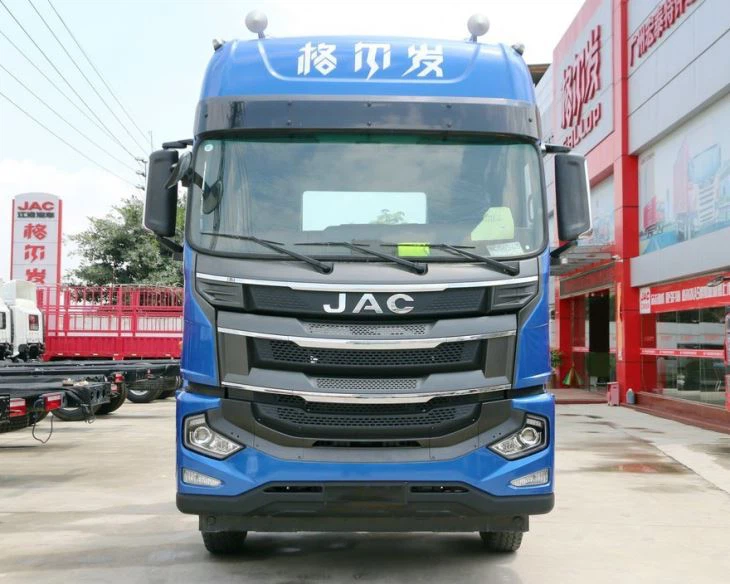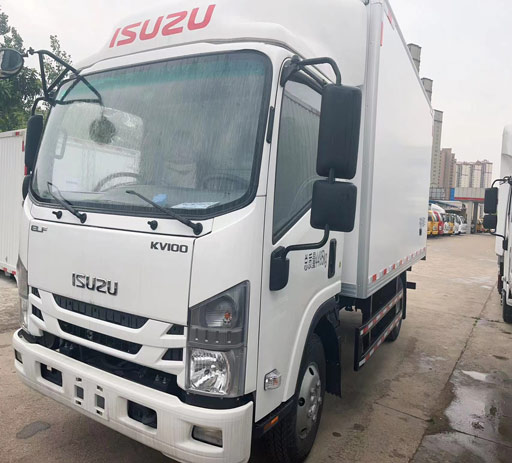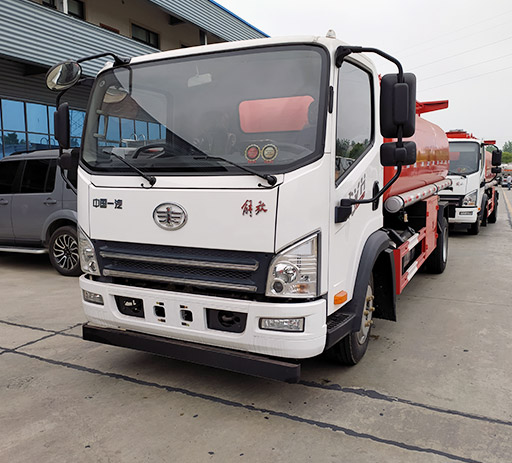Understanding Septic Tank Truck Prices: A Comprehensive Guide

In today’s world, managing wastewater properly is essential for both residential and commercial properties. Septic tank trucks play a crucial role in this process by pumping and transporting waste. A significant factor in acquiring these services is the cost associated with hiring septic tank trucks. This article delves into the various aspects influencing septic tank truck prices, including what to consider, types of trucks, and practical examples to help navigate your options.
What Determines Septic Tank Truck Prices?
1. Type of Service Required
The type of service you need will greatly influence the price. Typical services include pumping, cleaning, and repairs. Standard pumping services often range from $200 to $500, whereas additional services like inspections and repairs can increase costs significantly.
2. Size of the Septic Tank
The size of the septic tank directly affects the overall price. Larger tanks require more time and resources to pump out, thus increasing the cost. Here is a basic outline of pricing based on tank sizes:
| Tank Size (Gallons) | Average Cost |
|---|---|
| 500 | $200 – $300 |
| 1000 | $250 – $400 |
| 1500 | $300 – $500 |
| 2000+ | $400 – $800 |
3. Location
Your geographical location plays a significant role in determining septic tank truck prices. In urban areas, competition can drive prices down, while rural locations may see higher costs due to limited service providers.
4. Accessibility of the Tank
If the septic tank is hard to reach or requires specialized equipment, the price may increase. Factors like rocky terrain, long driveways, or landscaping obstacles can add to the labor time, thereby raising costs.
5. Frequency of Service

Regular maintenance can help avoid costly repairs down the line. However, homeowners who have neglected their tanks may face significantly higher costs due to buildup and blockages. Some provide discounts for customers who schedule regular services.
Types of Septic Tank Trucks
1. Vacuum Trucks
Vacuum trucks are the most common type used for septic tank pumping. They use a vacuum system to suck waste from the tank and transport it to a treatment facility. Prices for these trucks can vary based on capacity and features.
2. Hydro-Jetting Trucks

These trucks are designed for both cleaning and pumping. Hydro-jetting uses high-pressure water jets to clear clogs and blockages. They can be more expensive due to their specialized functions and capabilities.
3. Combination Trucks
Combination trucks combine vacuum and hydro-jetting functions. They are versatile and can handle various tasks, making them a preferred option for comprehensive septic services. Their pricing often reflects this versatility.
Practical Tips for Obtaining Quotes
1. Get Multiple Estimates
Always obtain estimates from several service providers. This will give you a sense of the average market rate and help you avoid overpriced services.
2. Inquire About Hidden Fees

Ask if there are any additional charges, such as travel fees, disposal fees, or costs for emergency services. Clarifying these upfront can prevent surprises on your final bill.
3. Assess the Company’s Reputation
Check reviews and ratings for the service providers. A reliable company will likely provide fair pricing along with quality services.
4. Discuss Regular Maintenance Options
Consider setting up a schedule for routine inspections and pumping. Regular maintenance can save you money in the long run and ensure the longevity of your septic system.
Case Studies: Understanding Costs in Real Scenarios
Case Study 1: Residential Pumping
A homeowner in a suburban area with a 1,000-gallon septic tank required pumping every three years. After getting quotes from three nearby providers, they found prices ranged from $250 to $400, eventually settling on a reputable company offering comprehensive service for $300.
Case Study 2: Rural Property with Accessibility Challenges
A home in a rural area faced challenges due to rough terrain and a long driveway. The local provider quoted $800 because of the additional labor needed. The homeowner opted for a provider with specialized equipment who completed the task for $600, emphasizing the importance of accessibility considerations.
Case Study 3: Emergency Services
A restaurant owner experienced a sudden backup. Emergency services typically cost more, with quotes ranging from $500 to $1,200. By planning regular inspections, the restaurant owner realized they could have avoided the emergency situation entirely.
Common FAQs about Septic Tank Truck Prices
1. How often should I get my septic tank pumped?
Most experts recommend pumping your septic tank every 3-5 years, but this can vary based on tank size and family size.
2. What are the signs that my septic tank needs pumping?
Common signs include slow drainage, unpleasant odors, and pooling water above the tank. If you notice these signs, it is advisable to get it serviced promptly.
3. Are cheaper services worth it?
While it may be tempting to choose cheaper options, ensure that the service is reputable. Sometimes, low prices can lead to cut corners, resulting in more expenses later due to faulty work.
4. Can DIY septic tank pumping be done?
No, DIY septic tank pumping is not safe or advisable. It requires specialized equipment and knowledge to handle waste properly and adhere to local regulations.
5. Will my homeowner’s insurance cover septic tank services?
This depends on your specific policy. Check with your insurance provider to see if septic services are included.
6. What can I do to reduce septic tank service costs?
Regular maintenance and mindful usage of your system can prevent problems from arising, thus reducing overall service costs.
